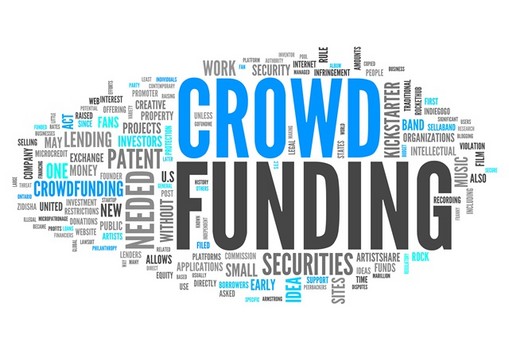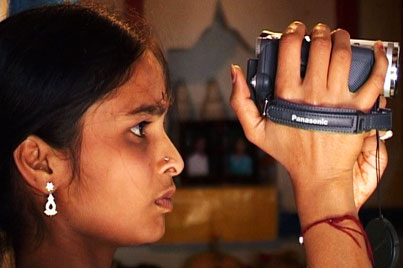As a group that is routinely judged, shunned, and fighting for acceptance, we as LGBTI (Lesbian, Gay, Bisexual, Transgender, Intersex) people are often pigeon-holed into playing the role of educator to the people that inflict the most pain on us, our friends and family. But it doesn't always have to…
-
-
Advocacy - Africans for Africa - Blog - Media Activism - New Media - Philanthropy - Special Series - Thought Leadership
7 Social Media Ideas That Will Strengthen Digital Activism in Africa
Last week, I had the pleasure of participating in the West African Civil Society Institute (WACSI)‘s Social Media Experts conference in Accra, Ghana. The conference brought together African social media experts, enthusiasts, and activists from across the continent, which got me thinking about ways we can strengthen "digital activism" across…
-
Blog - My Work - New Media - Non-Profits - Philanthropy - Speaker Services - Thought Leadership - Training and Consulting Services
Crowdfunding for Activists: 5 Tips for Creating Successful Online Fundraising Campaigns
I prepared this short presentation as part of the "Feminist Cyborgs: Actvism, Online Fundraising, and Security" webinar, hosted by African Feminist Forum and Association for Progressive Communications. My 10-minute presentation includes a brief introduction to crowdfunding and some popular crowdfunding tools. Using my Africans for African new media project as…
-
African Feminism - Afrofeminism - Blog - Keynotes, Talks, and Presentations - Media - Media Activism - My Work - New Media - Speaker Services - Thought Leadership
I am An African Feminist Cyborg: Activism, Fundraising and Security Online
I am an African feminist cyborg! The feminist cyborg is at home both online and offline, and her activism is reflected in her online life (whether it is through blogs, tweets and general online presence) as well as in what she does offline (working for a feminist organization, working with…
-
How to Increase Media Diversity: 3 Lessons from the London Feminist Film Festival
It's only been a few months since the LFFF's initial email to me, but judging from the film festival's program, the organizers efforts have really paid off. It's not every day I get to see I'm impressed with an organization's outreach efforts (and results). So, I'd like to take this…
Online rulet oyunları gerçek zamanlı oynanır ve online slot casino bu deneyimi canlı yayınlarla destekler.
İnternet üzerinden eğlence bahsegel giriş arayanlar için deneyimi vazgeçilmezdir.
Kullanıcıların hesaplarına hızlı ve sorunsuz bettilt ulaşabilmesi için adresi her zaman güncel tutuluyor.




